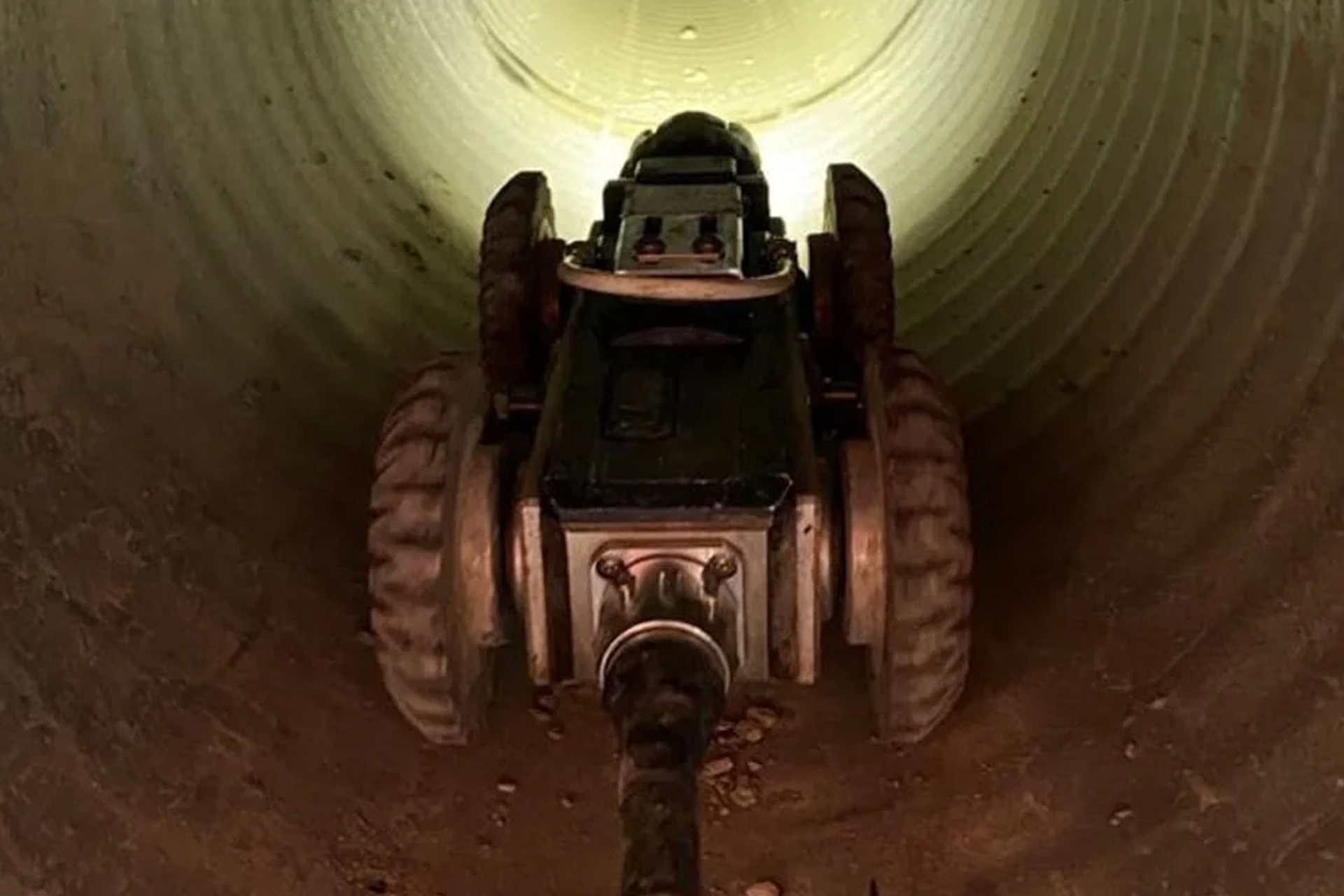The Best Strategy To Use For Reclaim Waste
The Best Strategy To Use For Reclaim Waste
Blog Article
How Reclaim Waste can Save You Time, Stress, and Money.
Table of ContentsReclaim Waste - An OverviewMore About Reclaim WasteSome Known Questions About Reclaim Waste.Examine This Report on Reclaim WasteReclaim Waste Fundamentals Explained
Domestic sewage waste refers to the waste and items from a domestic septic tank. The appropriate management and disposal of domestic sewer waste require liquid waste to be moved to a sewage treatment plant where the proper techniques and devices are used to purify and dispose of waste.
Business waste frequently consists of possible risks, such as combustible products or a mixture of liquid and strong waste items, and calls for a more sophisticated and detailed disposal process. The disposal of industrial waste commonly involves the filtering of waste prior to transport to make sure risk-free and appropriate disposal. Industrial waste is produced from by-products and overflow of industrial processes and production.
This kind of waste can not utilize the exact same sewage management transportation or processes as septic or commercial liquids. The industrial waste management process requires the examination and testing of fluid waste before it undergoes the disposal process (liquid waste removal). Drainage waste is the liquid waste that comes from overflow and excess stormwater in highly booming areas or cities
Drainage waste can cause contamination and flooding if not taken care of properly. Find out more concerning sewer cleansing and waste management. Guaranteeing appropriate waste monitoring can avoid catastrophes and decrease environmental harm. Both people in household setups and experts in commercial or manufacturing sectors can gain from comprehending the processes and laws of fluid waste monitoring.
Examine This Report about Reclaim Waste
Contact PROS Providers today to learn about our waste administration and disposal services and the appropriate means to care for the fluid waste you produce.
(https://blogfreely.net/reclaimwaste1/yc311a58b1)Do you recognize what occurs to your water when you draw the plug, purge the toilet or drain the cleaning machine? No? Well, it's worth understanding. This supposed 'wastewater' is not only an essential source yet, after treatment, will certainly be released to our land, waterways or the sea. Used water from toilets, showers, baths, kitchen sinks, laundries and commercial processes is referred to as wastewater.

water used to cool equipment or tidy plant and equipment). Stormwater, a form of wastewater, is runoff that flows from agricultural and urban locations such as roofings, parks, gardens, roads, paths and seamless gutters right into stormwater drains pipes, after rain. Stormwater moves neglected straight to local creeks or rivers, ultimately reaching the ocean.
Reclaim Waste Fundamentals Explained
In Queensland, a lot of wastewater is treated at sewage treatment plants. Wastewater is carried from domestic or commercial sites through a system of sewers and pump stations, known as sewage reticulation, to a sewage therapy plant.
The Division of Natural Resources advises neighborhood governments regarding managing, operating and keeping sewage systems and therapy plants. In unsewered locations, neighborhood governments might require homeowners to set up individual or house sewer treatment systems to deal with domestic wastewater from toilets, kitchens, restrooms and washings. The Division of Natural Resources authorises using household systems when they are confirmed to be efficient.
In some new communities, treatment of some stormwater to eliminate litter, sand and crushed rock has started making use of gross contaminant catches. Wastewater treatment takes place in four stages: Gets rid of solid issue.
Wastewater then streams right into big tanks where solids clear up and are removed as sludge. Grease and residue are skimmed from the surface area. Makes use of small living organisms called micro-organisms to break down and remove continuing to be liquified wastes and great particles. Micro-organisms and wastes are integrated in the sludge. Eliminates nitrogen and Web Site phosphorus nutrients that can create algal flowers in our rivers and threaten aquatic life.
Reclaim Waste Fundamentals Explained
Nutrient removal is not offered at all sewage therapy plants due to the fact that it requires costly specialised equipment. It is coming to be extra usual in Queensland. Clear fluid effluent created after therapy may still consist of disease-causing micro-organisms. If this effluent is launched into rivers such as rivers or the sea, the micro-organisms will at some point pass away out.

This normally indicates wastewater has to be treated or impurities eliminated before it can be discharged to rivers. A lot of wastewater streams right into the sewage system. Under the Act, city governments carry out authorizations and licences for ecologically appropriate activities (Periods) including wastewater releases that could have a regional impact. The division provides authorizations and licences to Periods including wastewater launches that may have a regional or statewide influence.
Reclaim Waste - Truths
Otherwise, samples are considered laboratory evaluation. Usually several examinations are needed to establish the levels of each of the different contaminants such as oils, hefty metals and chemicals in water. Monitoring gives factual info regarding water quality and can validate that permit problems are being satisfied. The info gotten via monitoring gives the basis for making water quality decisions.
Report this page